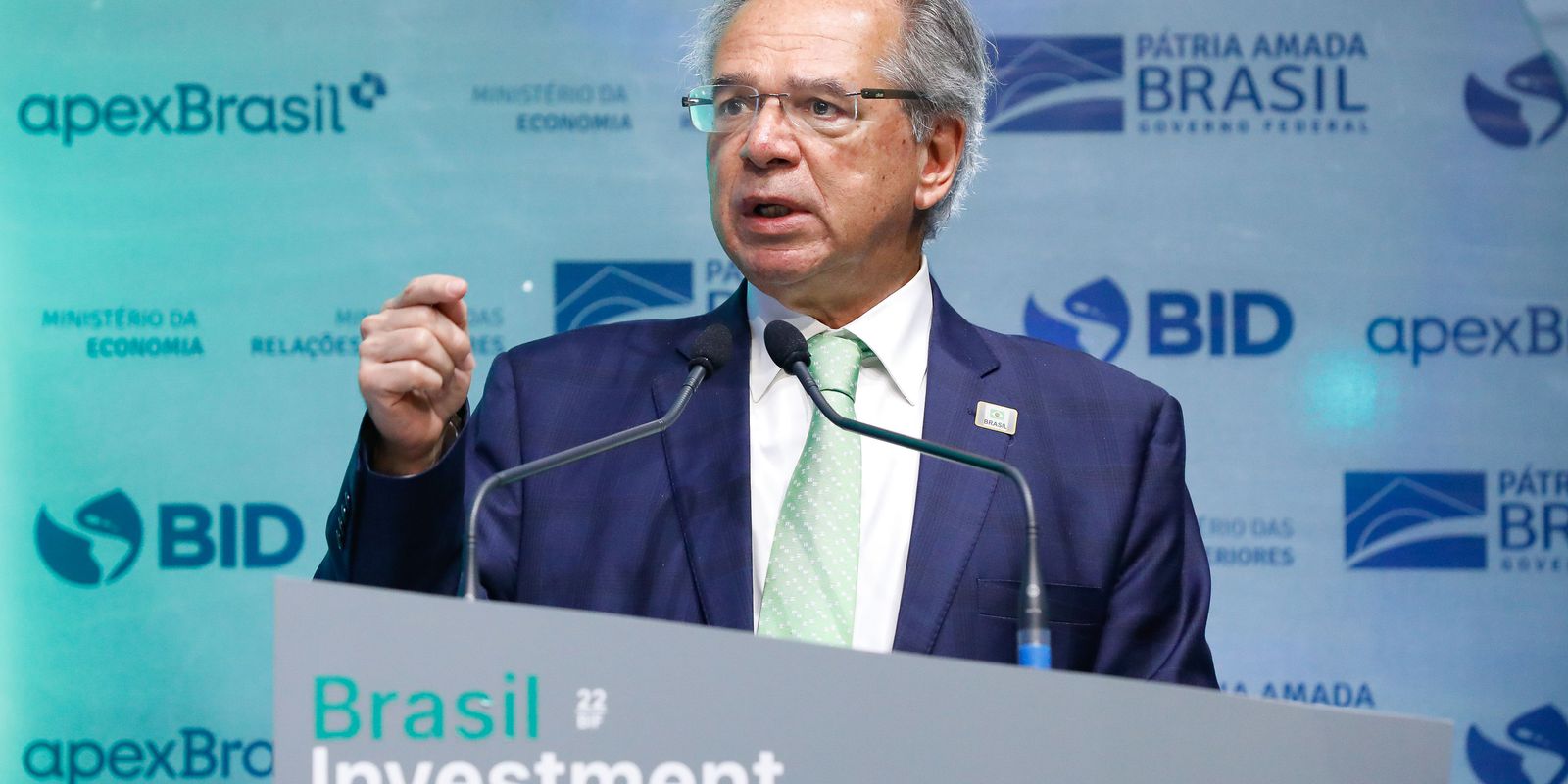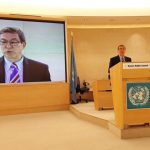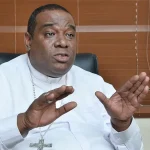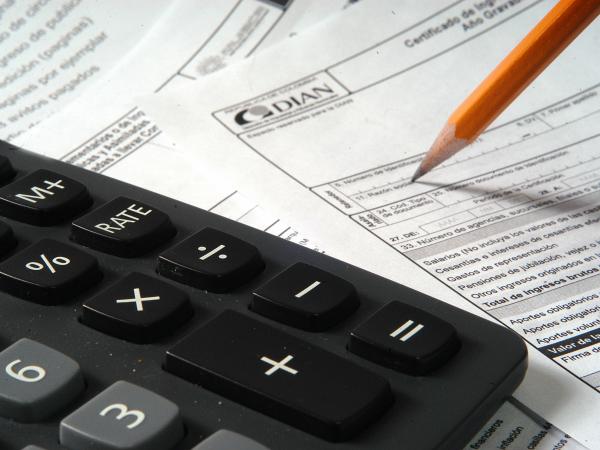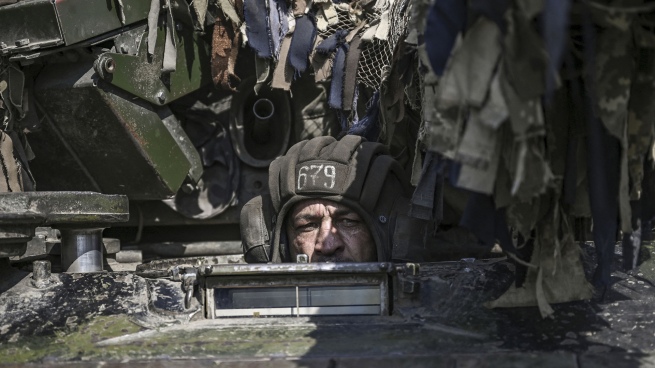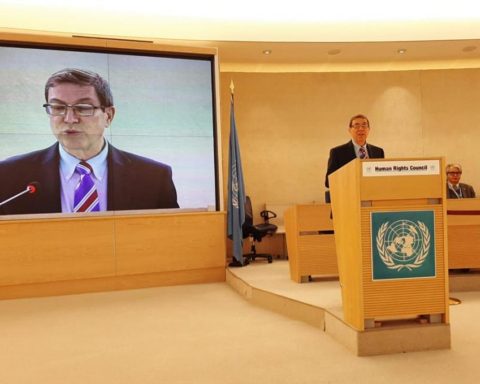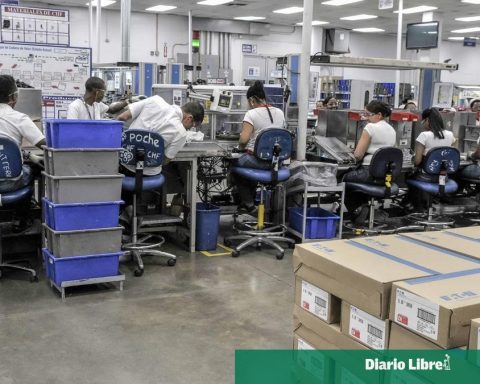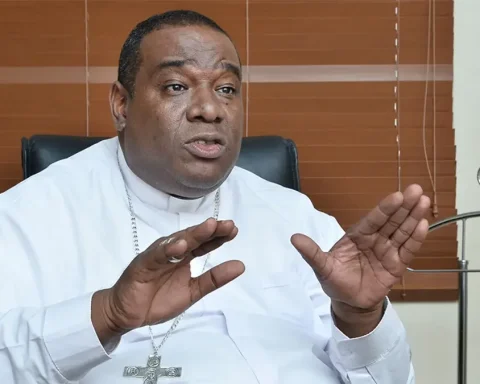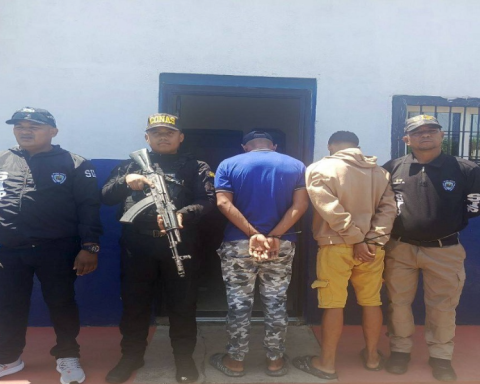The Minister of Economy, Paulo Guedes, said today (14) that the world is going through a turbulent moment in the economy, which is still going to get much worse. The statement was made in a lecture at the Brazil Investment Forum 2022, in São Paulo. The forum brings together ministers, representatives of development banks and executives from global companies to discuss the Brazilian business environment. President Jair Bolsonaro also attended the opening of the event. 
Guedes cited the reasons why the world’s economic situation took so long to improve. The first is that 3.7 billion people are emerging from poverty in China, Russia, Eastern Europe, Southeast Asia, Indonesia, through globalization. As a result, there is pressure in the West, with wages for those who work in the industry having not risen for 30 years.
“For 30 years, competitive pressure from Asia has impeded the growth of wages and earnings in the West. The plants are transferred to Asia. Wages start to rise in Asia and they come under pressure in the West,” he said.
He added that while the West “enjoys its wealth, giving six-month vacations, generous early retirement, the other side of the world works 24 hours a day, competes, has no labor charges, wages rise there and fall here.” . “After 30 years, this cheap labor arbitrage is over. When that happens, wages start to rise all over the world and inflation would naturally rise in the US, Europe, because these cost pressures have been there for some time.”
Pandemic
According to Guedes, the second reason for the turbulent moment to persist is the covid-19 pandemic, which gave an adverse supply shock, with the economy suffering a rupture in the production chains, which generates more inflation and less growth, at the same time. time. “When Brazil and the world begin to try to get out of this adverse circumstance, the war comes in Ukraine, with its grain, and Russia, with its energy. So, the price of food and energy goes up all over the world”, he said.
Thus, according to the minister, the world is starting to think about the reconfiguration of production chains, which is reflected as an opportunity for Brazil. According to him, the bad part of the crisis is that “inflation abroad will rise a lot, there will be a recession and the political system will continue to be under pressure, very different from what happened in the last ten years, with prosperity and investment”.
“At the same time it is an opportunity. Investments need to be close, but not only that, countries need to be friends. In the case of Brazil, we are the ones who are close and friendly to Europe, America, China, Russia. We are here and we want to regain the path of prosperity. We made a deal with everyone, we are being on every block,” she added.
President Jair Bolsonaro, also present at the opening of the event, highlighted that inflation is widespread in the world. “What we are experiencing at the moment, as the [ministro] Paulo Guedes, it is a problem of inflation all over the world, of fuel and food”, he said.
Bolsonaro also mentioned that the policy of social isolation, during the pandemic, was not defined by him. “Who told the people to stay at home, it was not me, I had the power to shut down the whole of Brazil. An unfortunate decision of the Federal Supreme Court, took away from me the possibility of conducting the issues of the pandemic ”, he said.
Privatizations and Investments
Guedes also commented on the privatization of ports, the reduction and simplification of taxes, transformation of public banks, reforms of regulatory frameworks, arrival of private investments. “Brazil’s growth is guaranteed for the coming years. We are in a transition from an economy that was market driven, that broke and broke the state.”
Guedes also highlighted the sale of BRL 250 billion of state subsidiaries, in addition to the government having deleveraged public banks that sent another BRL 240 billion to the federal government, repaying their debt with the Union.
Regarding Petrobras, Guedes said that it is necessary first to sell the distributors, break the monopoly of transport and, thus, leave it limited to its focus, which is the extraction of oil.
“Then we can also privatize and increase competition because the only result of a state-owned company, which is a vertical monopoly, exploiting a commodity It’s under investment. We’ve been underinvesting in electricity, in oil, for decades. Brazil grows less, income per capita is smaller, the gains are monopoly, they are not even socially fair”, he said.
Guedes also pointed out that Brazil is the largest open investment frontier in the world today, with the reform of regulatory frameworks that allows the country to expand the gradual resumption of private investment, which guarantees the growth of the Brazilian economy. “Brazil is unlike the world, starting to take off again. We were already taking off when covid-19 took off, we fell less, came back faster and made reforms, during the crisis”.
According to him, there are two clear signs that will be the design of Brazilian reindustrialization for the future and, at the same time, the reinsertion in the global chain: energy security and food security. “Brazil is a green giant with the cleanest and most diversified energy matrix in the world and after a lot of political struggle, the Brazilian truth is emerging abroad. Europe looks at Brazil as energy security and Asia as food security”.
* Luciano Nascimento collaborated.
